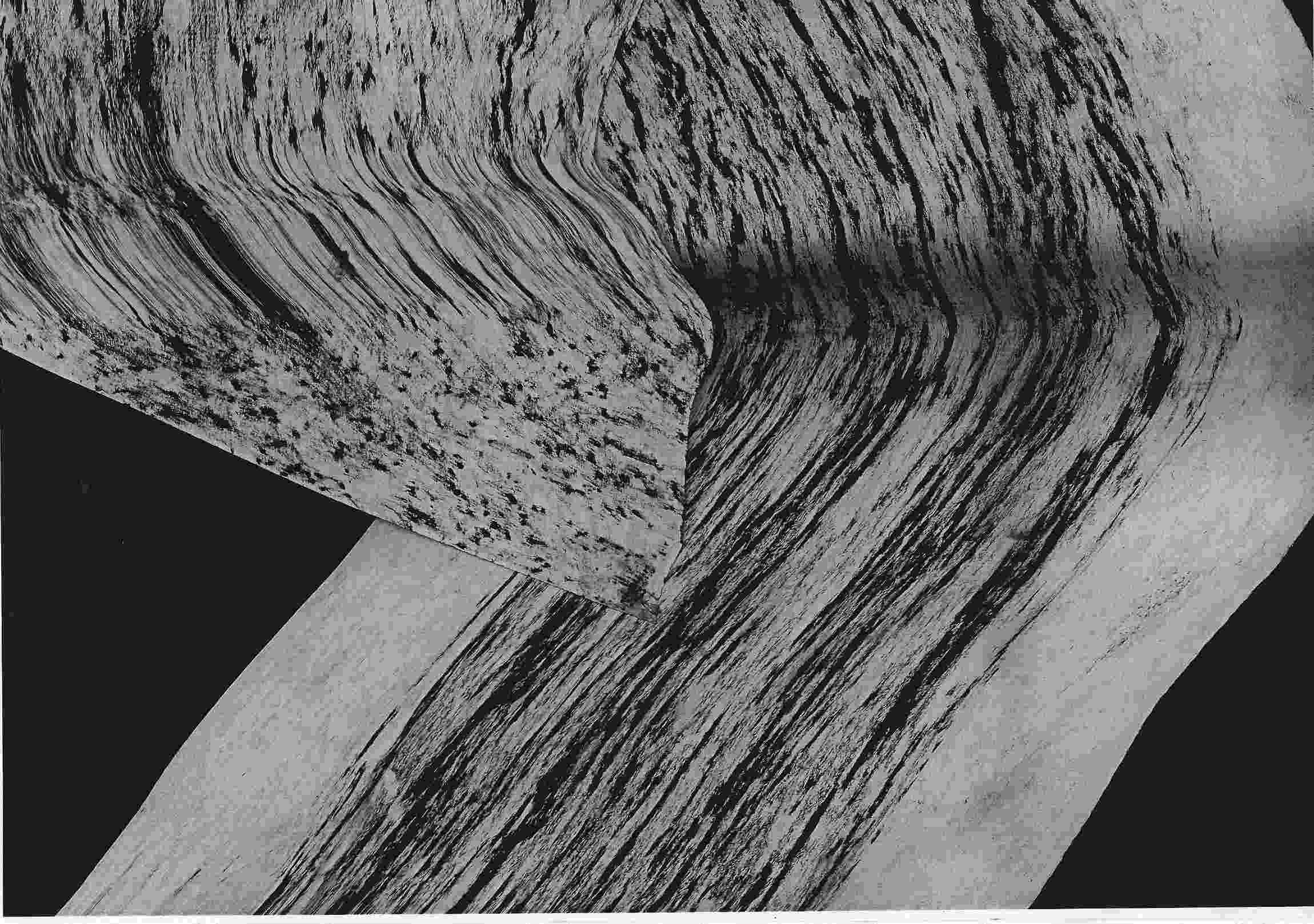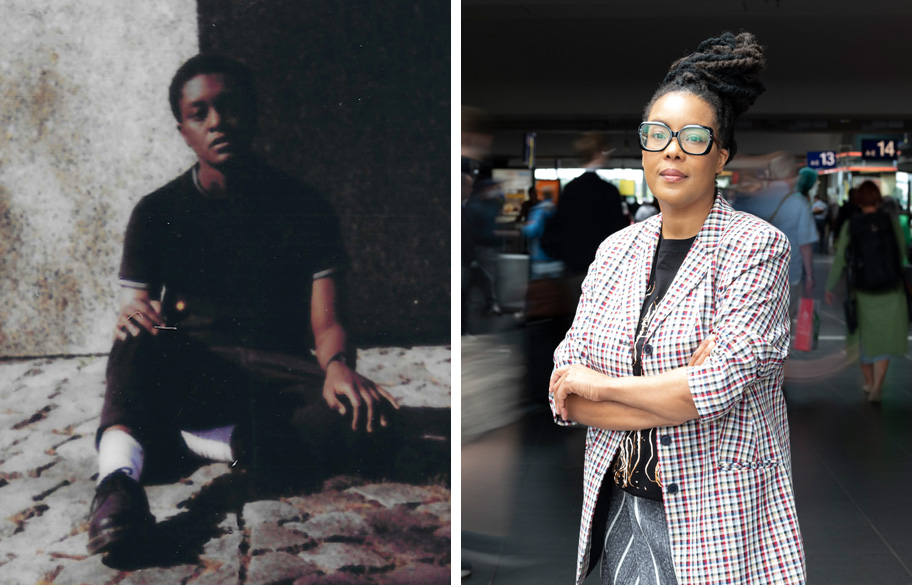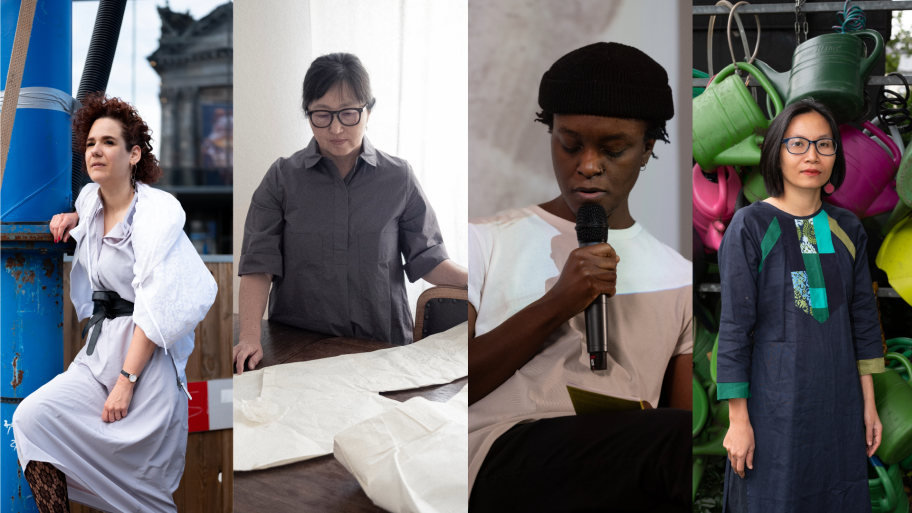Great Britain, Literature, 2022
Jay
Bernard

In early 2021, Jay Bernard was interviewed by Granta. Asked about how they felt on winning the 2020 Sunday Times/ University of Warwick Young Writer of the Year Award for their debut poetry collection Surge, Jay Bernard answered: “It’s nice personally, but it’s a strange year to win. I am conflicted because so many others are struggling. It’s weird to be handed a cash prize during a pandemic. It’s also funny because people often ask what I will do with it, but the truth is that every penny is going to the landlord.”
This down-to-earth response reflecting the concerns of the vast majority of the population—artist as ordinary citizen of the world—is typical of Jay Bernard. It may have surprised Granta readers who were new to Jay’s work to know that, despite their relatively young age, Jay has already picked up many awards, from being the 2005 Foyle Young Poet of the Year, to receiving the Ted Hughes Award for New Work in Poetry in 2017, and becoming a Fellow of the Royal Society of Literature. But Jay’s ethos of speaking truth to power is central to their work, which readily endears them to a public hungry to cut through the double-speak of politics.
Jay Bernard was born Westminster in central London and grew up in Croydon, a south London suburb. Right from the start, their career has demonstrated an almost holistic approach to making art. Jay is simultaneously a poet, audio-visual artist, graphic illustrator, theatre-maker, archivist, and film programmer (at the British Film Institute’s Flare, London’s LGBTQIA+ film festival).
Jay’s artwork has appeared, among others, on the cover of ‘Black Britain: Beyond Definition’, a special issue of Wasafiri magazine edited by Booker Prize winner Bernardine Evaristo, and in Jay’s own poetry pamphlets, Your Sign is Cuckoo, Girl, English Breakfast, and The Red and Yellow Nothing. In 2016, Jay was writer in residence at the George Padmore Institute in north London, an archive housing collections relating to black communities of Caribbean, African and Asian descent in post-war Britain and continental Europe. It inspired many poems in Surge. Jay’s films and audio-visual installations have appeared in art spaces across the UK, from Glasgow’s Centre for Contemporary Arts, to Tate Britain, and The Serpentine in London.
As poetry critic and academic Dave Coates notes, “Fluidity is fundamental to Bernard’s aesthetics” and, indeed, Jay’s work crosses genres, themes, and time—past, present, and future. But it is politics—personal and public—which recurs throughout, from racial injustice to black queer politics, from family relationships to state surveillance and everything in between. This multifaceted approach to making art is what makes Jay Bernard such an exciting and thought-provoking talent to encounter.
Text: Sharmilla Beezmohun
Surge
Chatto & Windus, London, 2019




